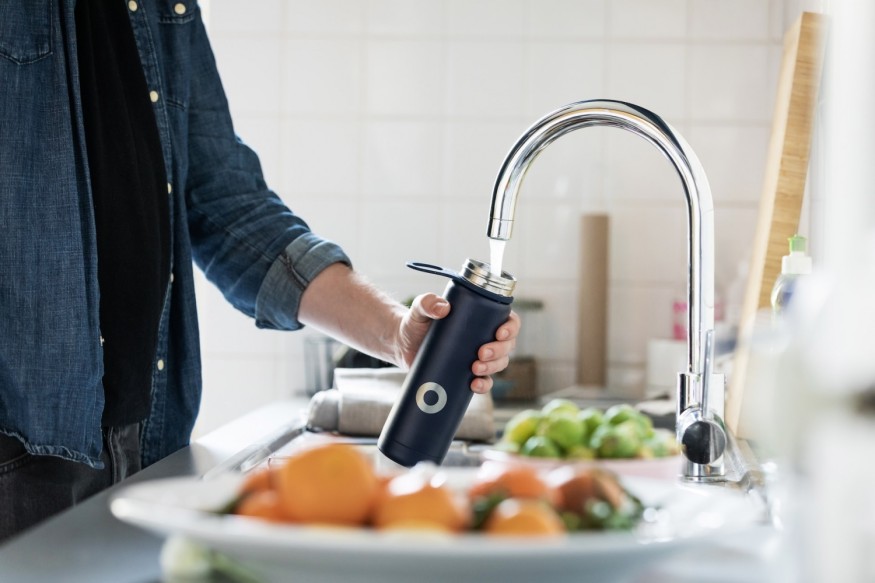
To combat the 15-year lead pollution, the EPA will switch out the free bottled water supply for Jefferson County homes with a water filtration system for the kitchen.
Free Bottled Water Supply Ends
The Environmental Protection Agency has been providing free bottled water to more than 50 houses in rural Jefferson County for the past 15 years, where those who rely on well water still run the risk of lead contamination due to the region's mining history.
The EPA now prefers to equip affected houses with kitchen sink water filtration systems rather than continuing to provide bottled water.
The full extent of the issue, however, has remained a mystery despite years of investigation, the region being named a federal Superfund cleanup site, and the EPA taking water samples from more than 1,400 wells throughout Jefferson County.
Lead Contamination Puzzle
According to Greg Bach, project manager for EPA remediation, the origin of the contamination is still unknown.
Due to certain wells being unrecorded, it is unknown how many drinking water wells in the county are affected and how many wells are in total.
Southwest regions have been the focus of EPA testing rather than more populated areas with public water supply.
Given that residential wells use the same aquifer for water supply, it is unclear whether variations in outcomes are due to geology, well technique, or other elements.
The EPA's "traffic light" map, which shows green for safe green, yellow for moderately contaminated, and red for dangerous wells, was used by Bach to highlight the significant disparities between nearby wells.
However, unsafe wells aren't always grouped together, leaving the reasons for this distribution unclear.
Still Exceeding Threshold, Spreading to Soil
Public health hazards from lead pollution can have long-lasting effects, particularly on young children's brain and nervous system development.
The agency estimates that 423 wells surpass its safety standard, even though a complete data set about the lead levels in Jefferson County's wells is still years away, at best, according to KSDK.
According to the EPA, around 10% of wells in Jefferson County and the neighboring Lead Belt counties consistently have high lead levels, prompting action such as bottled water delivery and referrals to medical providers.
About 140 wells in Jefferson County alone have been impacted. 53 of these homes in De Soto's western region receive delivery of bottled water, while the remaining homes either already have filtration systems or are denied help.
Also Read : Microplastics Dominate Lake Tahoe in High Concentrations, Officials Worry About Health Implications
Though information about the number of children impacted is not yet available, countywide, 90 children now have elevated blood lead levels, although water is not thought to be the primary cause.
The greatest health risk for residents with faulty wells is ingesting water through consuming or preparing food, but other uses like taking a shower and cleaning dishes are rated safe.
The EPA's suggestion that homeowners install kitchen sink filtration devices is a stopgap measure while they look into the local lead exposure.
The public feedback period for the proposal expires on August 4.
Mining activities and floods, which have spread polluted soil along the floodplain, are responsible for the lead pollution in the area.
For terrain-filling purposes, lead-contaminated soil has been used in yards and construction sites. Residents have replaced their soil as a solution to the problem.
To address the issue, free blood or water tests are offered to the public to involve them in water testing and safety assessments.
Residents are urged by officials to register for well testing so that important data can be collected, Saint Louis Post-Dispatch reported.
© 2025 NatureWorldNews.com All rights reserved. Do not reproduce without permission.





